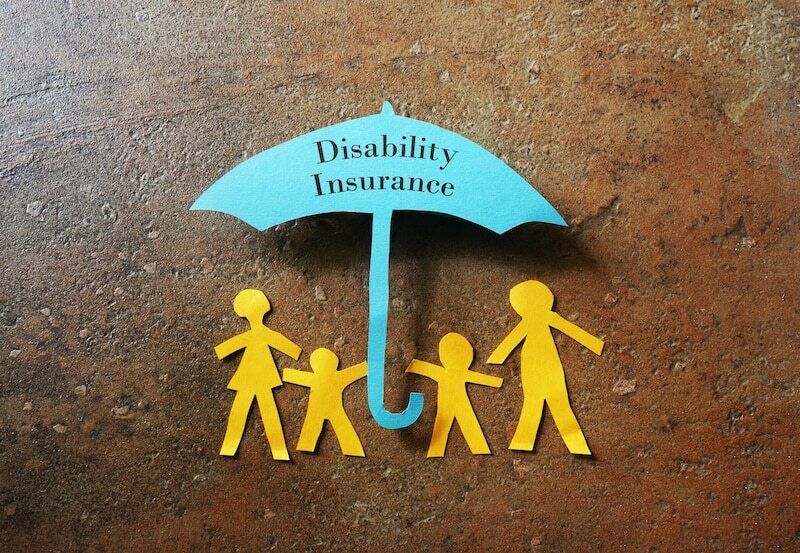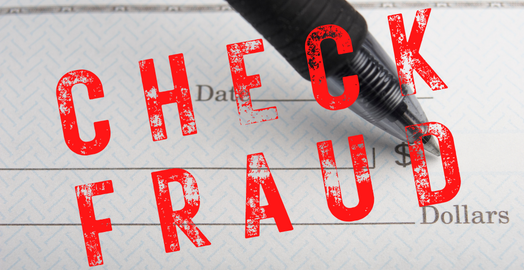How Much Disability Insurance Do I Need?

What is your most valuable asset? Your first reaction may be to think or your home or possibly an investment account, so the answer may surprise you. According to The 100 Absolutely Unbreakable Laws of Business Success by Brian Tracy, your most valuable asset is your earning ability. The rationale here is that by having the ability to earn an income, you can continuously yield a steady, predictable cash flow. When that ability is calculated out over your remaining years until retirement and considers your ability to save, you have now created a machine that can not only provide for yourself and family today but produce additional income for the future through compounding.
Now that we have established that, what have you done to protect this asset from loss?
As much as we all hate to admit it, we are not invincible. Just saying that kind of hurts a little, but it’s true. So, what would happen to your ability to earn an income if you were in a serious accident? You may still be able to work and earn some form of income…but would you be able to perform your same job function? For example, if you’re a chiropractor and you lose an arm in a car accident, would you still be able to perform your job? Maybe not. But you may still be able to teach chiropractic.
This brings us to an important point about disability policy design. There are 2 main types of disability policies “own occupation” and “any occupation.” In an “own occupation” policy, your policy will pay you if you are not able to perform your “own” occupation, or “chiropractor” in our previous example. In an “any occupation” policy, your policy will only pay you if you are no longer able to perform any occupation…meaning if you are no longer able to work at all. This is an important distinction because our chiropractor in the previous example would be able to collect disability payments while teaching under an “own occupation” policy but not under an “any occupation” policy. For this reason, the policy type – meaning “own occupation” or “any occupation” – can play a major role in determining the amount of coverage that you will need as it will determine whether your policy will need to replace your entire income or only provide a supplemental income.
Now, consider how much income you need to get by. Add up your monthly expenses, bearing in mind that some of your expenses may change if you are no longer working at all, such as the cost of commuting, professional wardrobe, or the need for childcare. Now, subtract out any income that you will be receiving from other sources such as a new job if you are still able to work in a different capacity – like our chiropractor in the previous example – a spousal income, or any income that you plan to draw from investments. This will be the amount that you will need to supplement through disability coverage without making any additional lifestyle changes.
As always, for a review of your unique scenario, feel welcome to reach out to the advisory team here at Sound Wealth Management at 941.932.4822 or schedule your no obligation consultation online at www.soundwealth.net where Sound Wealth Management is more than just our name!
This material was created for educational and informational purposes only and is not intended as ERISA, tax, legal or investment advice. If you are seeking investment advice specific to your needs, such advice services must be obtained on your own separate from this educational material.
This material is for general information only and is not intended to provide specific advice or recommendations for any individual. There is no assurance that the views or strategies discussed are suitable for all investors or will yield positive outcomes. Investing involves risks including possible loss of principal.










